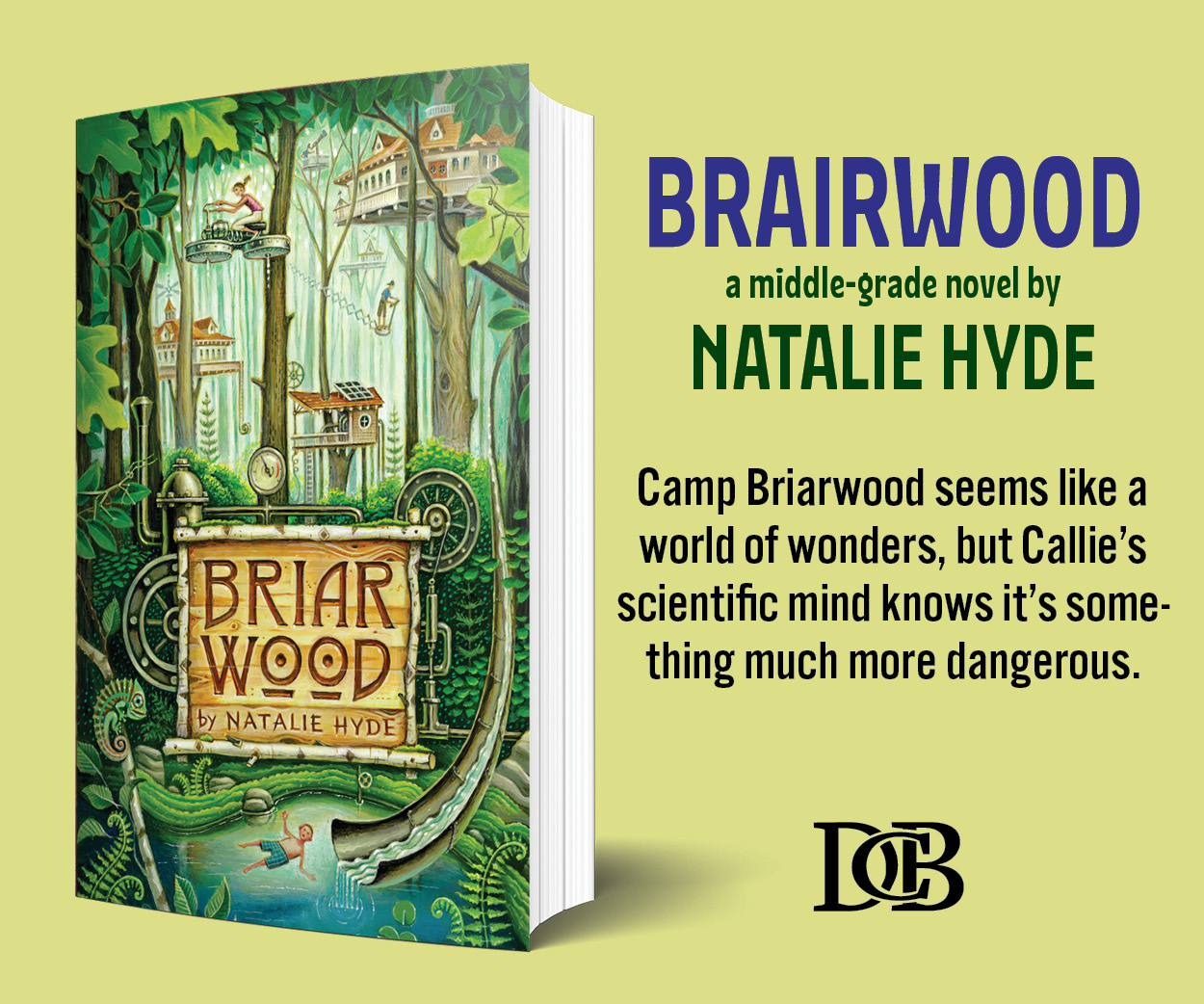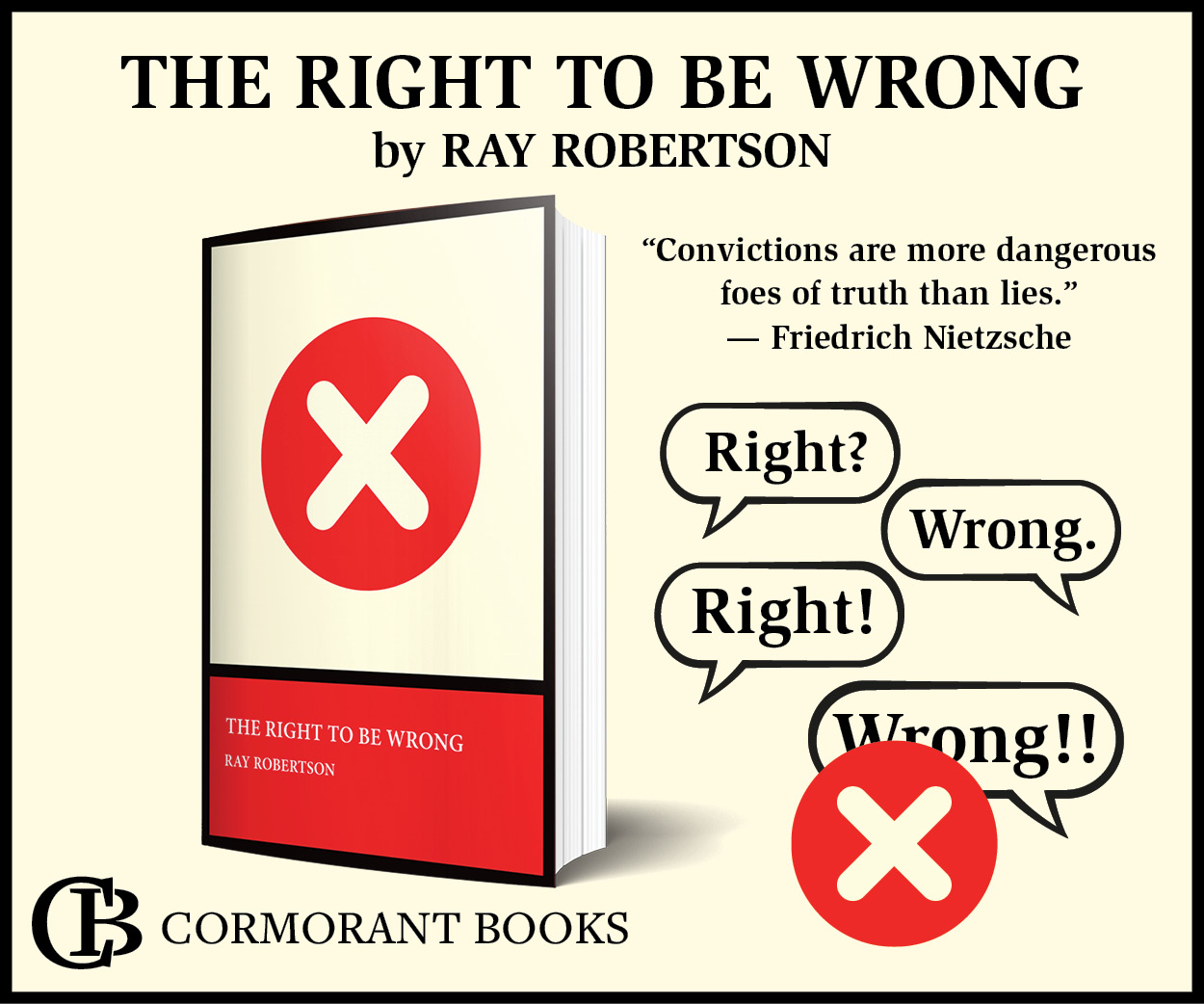The Art of the Novel: Interview with Kathryn Kuitenbrouwer
By Bianca Lakoseljac
By Bianca Lakoseljac: OB Writer in Residence
Canadian Writers’ Summit, The International Festival of Authors, Word on the Street, literary readings and book signings—are some of the events that provide a meeting place where writers, readers, and book lovers get the chance to network and meet others with similar interests, and discover exciting new reads.
I am very glad that I discovered Kathryn Kuitenbrouwer’s novels—they not only inform and engage, but also open up new views into the world around us.
National Post referred to Kuitenbrouwer’s writing as, “careful and skilled but never showy or manipulative. By illuminating one tiny corner of the world, Kuitenbrouwer opens an almost infinite space to think about responsibility, the meaning of family and the connectedness of things.”
Kathryn Kuitenbrouwer is the bestselling author of the novels All The Broken Things, Perfecting, and The Nettle Spinner, as well as, the story collection Way Up. Her short fiction has been featured in The Walrus and Granta Magazine. She is currently a PhD candidate in the English Department at the University of Toronto.
I am very pleased to welcome Kathryn Kuitenbrouwer to my interview series, The Art of the Novel.
1. Bianca Lakoseljac: Of the novels you wrote (or are working on), do you have a favourite—one you consider your most important work?
Kathryn Kuitenbrouwer: I have a soft spot for Perfecting, I think because it required an enormous amount of research and because it (therefore) took so long to write. I spent more than ten years working through its dense plot, and unfamiliar characters. I still feel a kind of debt to that novel, even though, arguably, it is my least successful creative product. I learned an enormous amount editing it (with Bethany Gibson at Goose Lane) and I still get glimpses of some of the scenes in my mind’s eye – Hollis’s ripped and bleeding scrotum when he tries to climb over a barbed wire fence, Martha wandering in the drybed of the Pecos in New Mexico, a scene in which Curtis’s brother, Colm, frantically prays in a bathroom stall of the Care Facility in which his dad lies dying. These moments are strongly etched in my memory as if they happened or as if they might one day happen. Of course, the politics of the novel are playing out in the USA still today, as the fallout from 9/11 leads to more and more hysteria of the “other” and a sense that America must put itself (in the abstract) under threat in order to maintain a power dynamic over its own citizens.
Your CanLit News
Subscribe to Open Book’s newsletter to get local book events, literary content, writing tips, and more in your inbox
2. BL. What do you consider the most difficult aspect of novel writing?
KK: The most difficult aspect of novel writing is actually plotting the novel. Which is to say, I find it really difficult to adhere to a linear logic – causal plot etc. In some way this is fine because I am formally not that interested in realism, but the trouble is that in my disinterest I have to take a very keen interest, since in breaking a barrier, one must know its contours. So, I do not outline until I have all the things down in some form, and then I outline on ticker tape – working out the plot for the whole novel and also for each individual character to see how things may have gone off the rails, or become uneven. The way I see this part of my process is that I am a sort of orchestra conductor and I want to tame the piece and deliver a pleasing narrative arc etc. I also want some raggle taggle aspects to be left — some formal disruptions — ones I hope will jolt the reader a little (wake up!)
3. BL: What do you consider the most rewarding aspect of novel writing?
KK: Honestly, I love the feeling of losing myself in the act of writing. It feels like dreaming. I also love it when readers connect and come to me to tell me this or review my work in ways that lead me to think I may have given something or enacted something. It’s a kind of magic to make these connections across text with a person one has never set eyes upon. I wouldn’t trade that for the world.
4. BL: How do you deal with a writer’s block?
KK: I don’t think about writer’s block. I just think that sometimes I need to rest or incubate an idea or simply let life happen around me. Not writing can be frustrating so lately I’ve been painting and working on an academic project. So, there are plenty of other ways to fill time between projects.
5. BL: What advice would you offer to an aspiring writer?
KK: READ a lot and read across genre. Read history, theory, literature, pamphlets, and go ahead and mimic the work you love at first. Revel in the styles of other writers, and you will develop your own. Also, don’t be too precious about your words. Revise. Play with language. Play with story.
6. BL: Is there a single most important thing a writer should do before starting a new novel?
KK: Breathe! And keep breathing! It may be years before you finish so – don’t stop breathing!!
7. BL: What are you working on now?
I’m working on a devilish civil war archive novel. I’m excited about it even as it eludes me. Hopefully I will crack its code soon. I’m thinking about it constantly.
.......................................................................................................................................
The views expressed in the Writer-in-Residence blogs are those held by the authors and do not necessarily reflect the views of Open Book.
Bianca Lakoseljac second novel, Stone Woman, which relives Toronto’s 1967 “summer of love”, has just been released by Guernica Editions. Bianca is the author of a novel, Summer of the Dancing Bear; a collection of stories, Bridge in the Rain (Guernica, 2012, 2010); and a book of poetry, Memoirs of a Praying Mantis (Turtle Moons Press, 2009). She is TWUC liaison for the National Reading Campaign, past president of the Canadian Authors Association, Toronto, has judged various national literary competitions, and has served on a number of literary contest panels. Bianca taught at Ryerson University and Humber College.
You can write to Bianca throughout the month of November at writer@open-book.ca.


